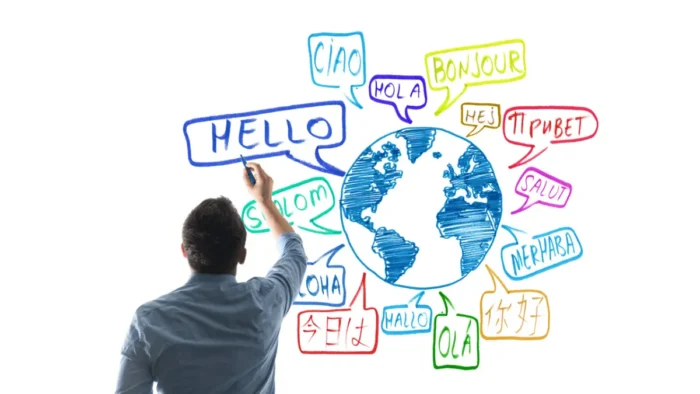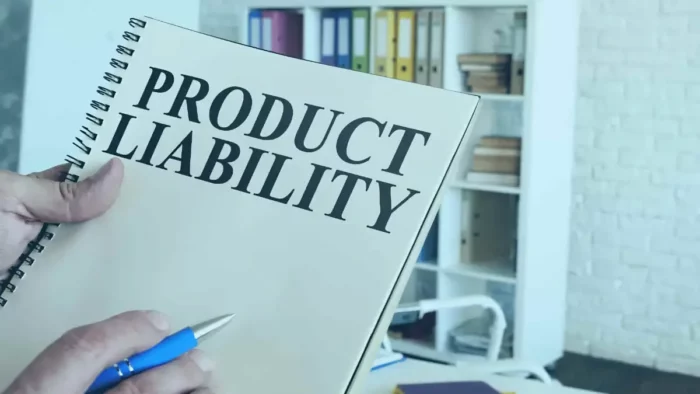In the intricate world of legal translation, accuracy is not just a virtue – it’s an absolute necessity. A single misinterpreted term or misplaced comma can lead to dire consequences, altering the interpretation of a legal document entirely. The stakes are high, and the room for error is virtually nonexistent.
As such, mastering the art of legal translation requires a keen understanding of legal terminology and the subtleties of language. The following six hacks are designed to provide insight into intelligent legal translation’s secrets, offering a roadmap to achieving airtight accuracy.
1. Invest in high-quality translation software that is specialized for legal documents
Are you tired of the tedious process of translating legal documents? Look no further than investing in high-quality translation software that is specialized for legal documents. With the help of this software, you can easily translate complex legal documents into multiple languages without worrying about the accuracy and coherence of the translations. You can customize the settings according to your needs and preferences, ensuring that you get the best results possible.
Save time, eliminate the stress of translation, and invest in specialized software today. The output language code may be EN-US, but the possibilities are endless. Also, with translation services becoming increasingly competitive, having access to specialized software can give you a distinct advantage over other translators.
Remember that even the most minor details can significantly affect legal translation.
2. Focus on the details – double-check facts and figures for accuracy
When it comes to legal translation, details matter. A single missed word or mistranslated term can have severe consequences. That is why it is crucial to double-check all facts and figures for accuracy in your translations. Even seemingly insignificant details such as dates, numbers, and names can make a massive difference in the interpretation of a document.
Take the time to review your translations carefully, and if necessary, consult with a legal expert to ensure that all the details are correct. It may seem time-consuming, but it is well worth the effort in the long run. Also, make sure to keep track of any changes made during the review process to maintain a clear record of the final translation.
Additionally, being detail-oriented means paying attention to the tone and style of the original document. Legal documents have a specific language and structure that must accurately reflect in the translation.
3. Utilize an independent reviewer to check your translations over
Regarding translation projects, it’s crucial to ensure accuracy and credibility. Utilizing an independent reviewer to check your translations is an excellent way to guarantee that your output is top-notch. Professional translators may translate thousands of words daily, and some errors may go unnoticed without a secondary set of eyes to confirm their work. A skilled reviewer will catch inconsistencies, incorrect translations, or grammar errors.
In the case of legal translation, where accuracy is paramount, having a third-party review can provide an additional layer of assurance. It also helps to have someone with a fresh perspective look at the translations to catch any potential issues that may have been overlooked.
Not to mention, having an independent reviewer can also help in maintaining objectivity and avoiding potential biases in the translation process.

4. Use reliable sources for reference when translating complex legal terms and phrases
Translating complex legal terms and phrases can be a daunting task. It is important to use reliable sources for reference to ensure accuracy and effectiveness. The use of inaccurate or unreliable sources can lead to misinterpretation and miscommunication, which can have serious consequences in a legal context.
Therefore, it is crucial to take the time to research and choose trustworthy sources to refer to when translating complex legal jargon. Doing so guarantees that your translations are accurate and trustworthy and will be received with the proper respect and authority they deserve.
5. Keep a glossary of terms that you have consistently used throughout the document
Creating and maintaining a glossary of terms used in the document can be highly beneficial when translating complex legal documents. As you work on the translation, keep track of any recurring terms and their respective translations to maintain consistency throughout the document.
This glossary can also be shared with clients or reviewers to ensure everyone is on the same page regarding terminology, reducing the likelihood of misunderstandings or confusion. It can also serve as a valuable reference for future translations, making the process more efficient and accurate.
Also, a glossary can be customized for each client or project, ensuring that translations are tailored to their specific needs and preferences. This level of attention to detail can significantly affect the quality and credibility of your translations.
6. Work with language professionals who are familiar with the subject matter
Last but not least, always work with language professionals who are familiar with the subject matter. Legal translation requires a specialized skill set and knowledge of legal terminology, making it crucial to collaborate with translators with a law background or extensive experience in translating legal documents.
This will ensure accurate translations and save time as these professionals will be familiar with standard legal terms and phrases, reducing the need for extensive research. They can also provide valuable insights and suggestions for improving the quality of the translation, further enhancing its accuracy and effectiveness.
Conclusion
Translating legal documents is a meticulous and precise task that demands a high degree of skill, attention to detail, and understanding of the legal lexicon. It is imperative to employ the aid of specialized software, double-check all facts and figures, utilize an independent reviewer, refer to reliable sources, keep a glossary of recurring terms, and collaborate with language professionals versed in the subject matter.
By adhering to these principles, you can ensure the production of translations that are accurate, consistent, and of high quality. The world of translation may be vast, but with these techniques, you are equipped to navigate it successfully. Not only will this benefit your clients and their legal needs, but it will also enhance your reputation as a skilled and reliable translator in the industry. Always remember to remain diligent and detail-oriented, and continuously strive to improve your translations.





